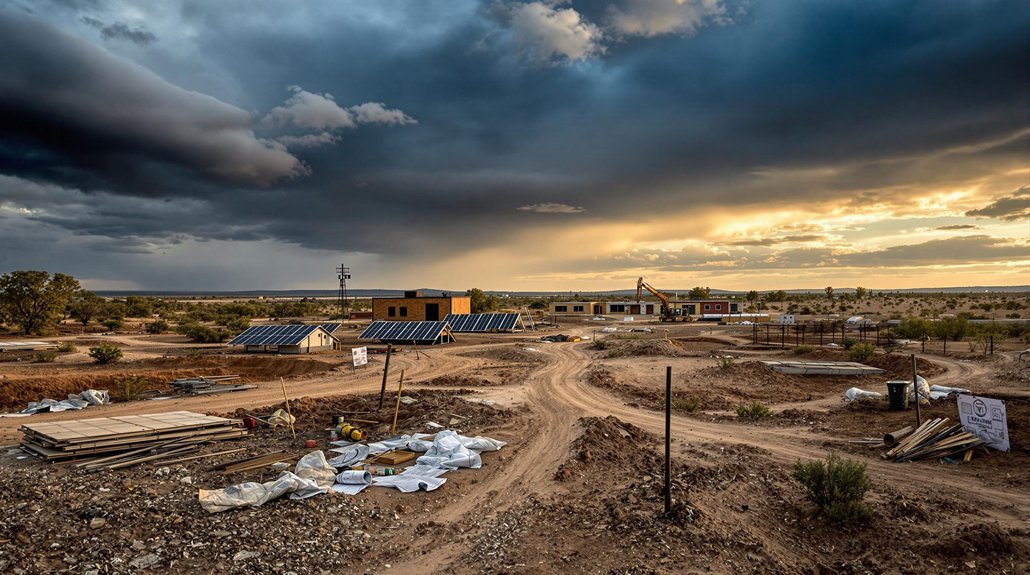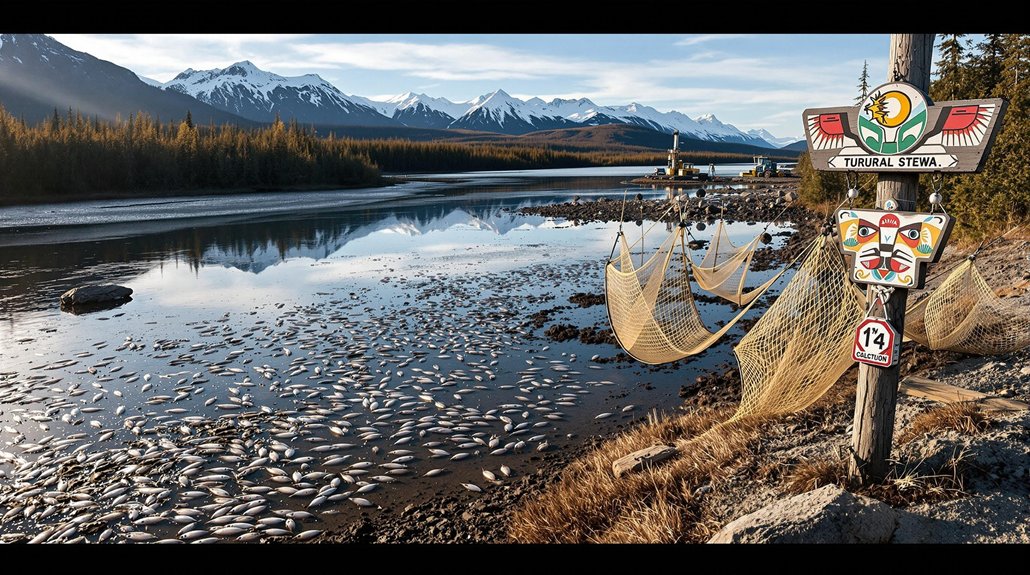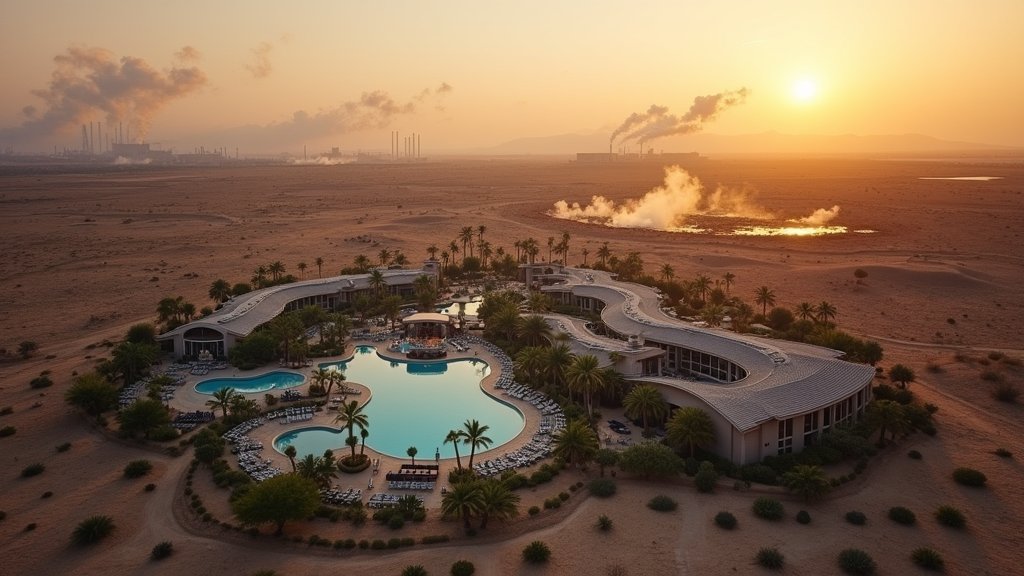The Trump Administration’s January 2025 federal funding freeze has severely impacted tribal nations and communities nationwide. Billions in financial assistance for critical infrastructure, healthcare, and environmental programs remain paused despite court orders to restore funds. The Flandreau Santee Sioux Tribe can’t access their $19.9 million EPA grant, while many nonprofits report unreimbursed expenses exceeding $500,000. Communities now face potential layoffs and service disruptions as the administration continues appealing court decisions.
As the Trump Administration ordered a freeze on federal funding last month, tribal nations and communities across the country are facing severe disruptions to critical services and projects. The directive issued on January 27, 2025, paused billions in federal financial assistance, affecting grants from the Inflation Reduction Act and bipartisan infrastructure law.
The impact on tribal nations has been particularly harsh. The Flandreau Santee Sioux Tribe was blocked from accessing a $19.9 million EPA grant. Tribal leaders warn that the freeze threatens critical infrastructure, healthcare services through the Indian Health Service, and Indian Self-Determination grants.
Environmental programs have ground to a halt. EPA’s Clean Water and Drinking Water State Revolving Funds are frozen. Programs protecting low-income areas from pollution can’t operate. Lead Testing in Schools grants are stopped, putting children’s health at risk, and Forest Service Volunteer Fire Capacity Grants for fire departments are unavailable.
Courts have pushed back against the funding pause. A federal judge in Rhode Island issued a temporary restraining order on January 31, followed by a similar order from a Washington D.C. judge on February 4. Both courts ruled the funding freeze was likely “arbitrary and capricious” and ordered immediate restoration of funds. The Trump administration is appealing these decisions.
Nonprofits and community organizations are struggling with mounting costs. Some report unreimbursed expenses exceeding $500,000. Many are pausing hiring and partnerships, while others consider layoffs. Projects for community solar, drought solutions, and pollution cleanup hang in the balance.
The freeze has sparked debate about federal government obligations to tribes and raised concerns about misclassifying tribal programs as diversity initiatives. A coalition of Native organizations is pressing to preserve tribal political status. The tribe had already initiated hiring contractors and purchasing materials for their projects before the freeze was announced.
In response, tribal organizations and environmental groups have sent letters to the administration and Congress. The Coalition of Large Tribes passed an emergency resolution seeking exemption from the funding freeze for tribal nations. Lawmakers are calling for the executive orders blocking funding to be rescinded.
Meanwhile, affected communities are desperately seeking alternative funding sources as the uncertainty continues.









